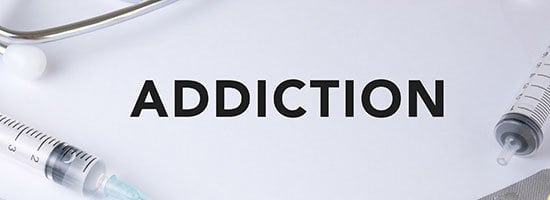
The exact recovery process will be different for every addict. However, each journey starts at the same point, with the need to remove drugs from the body. This detoxification (detox) process can be physically and mentally demanding. It doesn’t have to be a long, drawn-out process, however, when patients opt for medically supervised rapid detox, a method of detoxification conducted in a way that minimizes withdrawal symptoms while ensuring the individual’s safety.
How Medically Supervised Rapid Detox Works
Taking about 30 to 90 minutes for most patients, rapid detox is performed under the supervision of medical staff. Patients are placed under anesthesia and carefully monitored as drugs completely leave the body. The detoxification process is accelerated with naloxone, a medication that blocks the effects of opioid drugs. Opiate blockers like this help ease withdrawal symptoms. Patients are made as comfortable as possible during the rapid detox process.
Rapid Detox Combined with Withdrawal
It’s the withdrawal process that often produces reactions within the body that can be a struggle for the recovering patient. With rapid detox, withdrawal takes place at the same time while the patient is still sedated. In fact, many patients who undergo rapid detox are unaware they also completed the withdrawal process at the same time. And many patients wake up without physical cravings and potentially dangerous withdrawal symptoms.
Benefits for Recovering Addicts
Without rapid detox, the entire detoxification process could take as long as 90 to 120 days. The main benefit for patients is the ability to become drug free in a single day. Normally, withdrawal symptoms appear within 8-12 hours after the last dose of drugs and may peak at 24-48 hours and continue up to a week. Rapid detox eliminates this step, which means much fewer health risks. Patients may also benefit from:
- Fewer instances of relapse during recovery
- An increased ability to successfully recover
- The ability to focus on other aspects of addiction sooner without the added stress of lingering withdrawal symptoms
Aftercare following rapid detox is the process of dealing with the issues that led to addiction in the first place. Patients can seek out continued care in a supervised, home-like facility. They are also encouraged to find psychological and psychiatric support and participate in a personalized treatment plan. Recovering addicts will learn more effective coping methods to deal with stressful situations that may have previously resulted in drug use and how to make positive choices.


